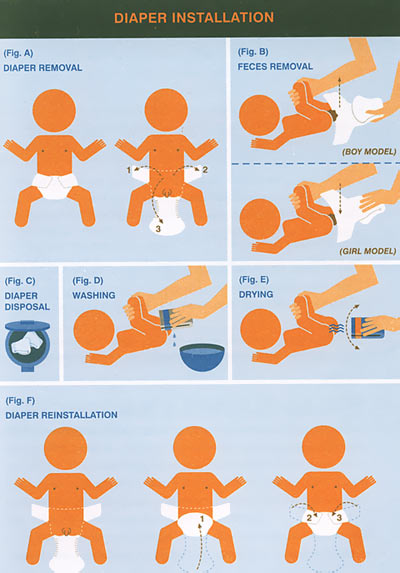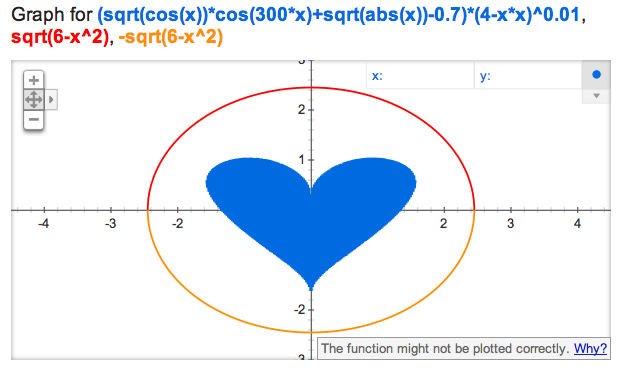Because I was not born in the U.S. — my family moved here from Korea when I was 7 years old — I never even heard of Dr. Seuss until I was in high school. And while I found Green Eggs and Ham to be pretty amusing, I personally found Dr. Seuss's illustrations to be a bit disconcerting. Alright, I thought they were downright scary. :-( So when I happened upon the following sculptures of Carl Turner, who has created mounted heads of Dr. Seuss’s creatures, I couldn't help but chuckle. Just take a look — wouldn't you be scared of these as a little kid too? Be sure to check out Carl's DeviantArt gallery for more fascinating sculptures! The Fishbaby, in particular, is sure to...
Continue reading



